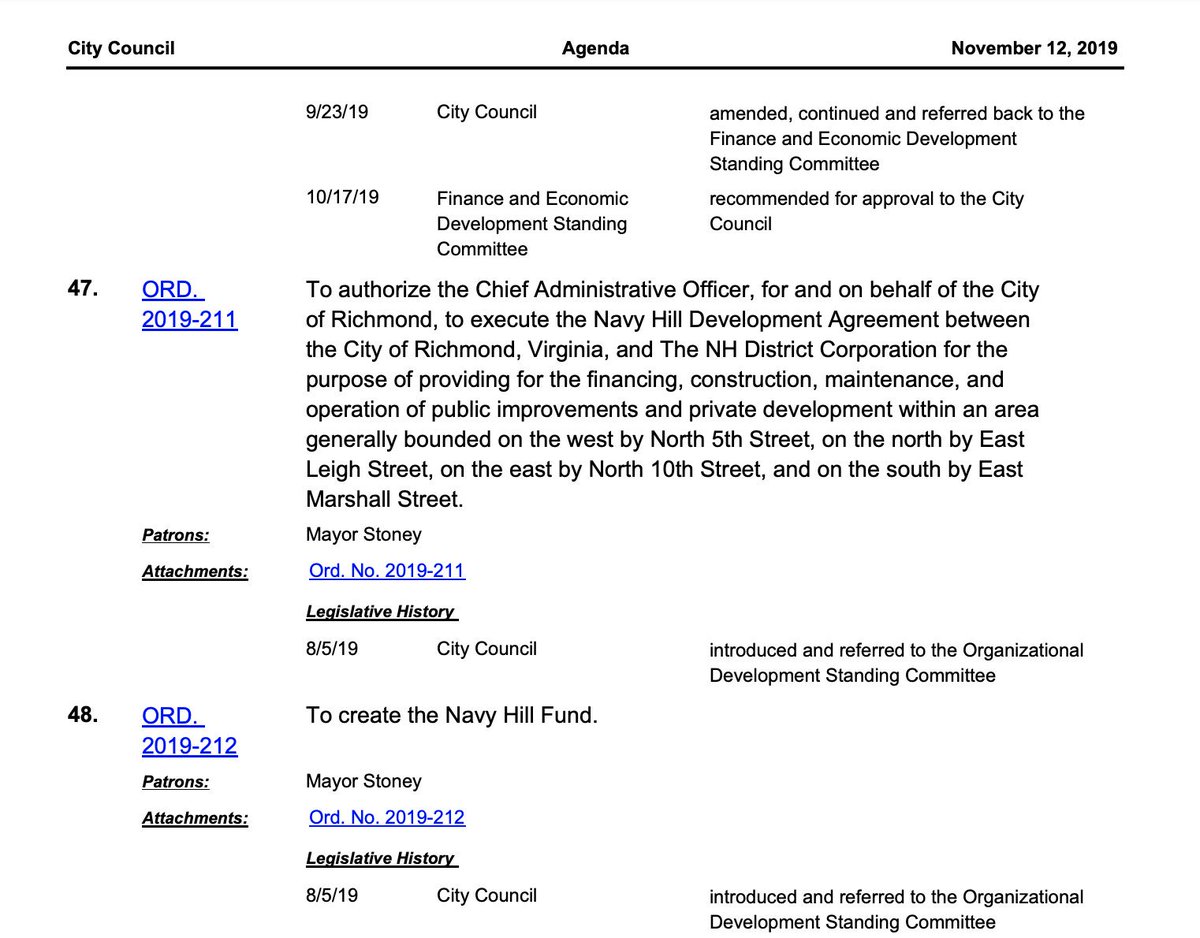
The 1776 Commission Report has landed, and scholars with a range of areas of speciality are weighing in this week. I've been studying this curriculum since it launched in September. Here are some thoughts, with a focus on neoliberalism in preK-12 curriculum and policy.
https://twitter.com/AAUP/status/1351549760080146432
I have taught in higher ed general education since 2001, full time since 2009. That's my area of formal expertise, but I have an additional interest in privatization in preK-12 public ed policy. You *cannot* study privatization without understanding white supremacy in education.
For a lot of people Betsy DeVos exemplifies this. The 1776 project is in some ways the apotheosis of her philosophy of education. That said, the Democratic party has invested deeply in DeVos's model, and has for decades.
That has to be clear before we can understand what is happening in the 1776 project. As we collectively struggle to process the Trump era, we must — MUST — understand the ways it was facilitated by the neoliberal turn in the Democratic party. 1776 helps us see this more clearly.
The 1776 project is one of profound historical revisionism. It is the comprehensive repudiation of a core truth: that American capitalism was—and is—built on human enslavement, white supremacy, and settler colonialism. The project is designed to support those deny this.
The project is also a comprehensive toolkit: may ways to lie, with a focus on target stakeholder groups, particularly 1. white policy makers seeking to exploit Black identity to advance racist policy and 2. Black leaders consolidated to neoliberal reforms.
1776 Unites has sent 21 emails since September of last year. The emails are framed around a message of unifying the nation while amplifying the voices of Black dissent. The framing is Black empowerment, solutions-oriented thinking, robust democracy. 

The content has substantial multimedia content: podcasts, videos, articles, curricular materials, etc. A majority of this content features Black creators promoting independence and self-determination—independence from a party (implicitly) and politic (explicitly) that has failed. 







The proposed preK-12 materials are themselves an explicit policy agenda, with a focus on privatization of public goods, philanthropy, and entrepreneurship as a the solutions to structural problems. It's is a retelling of the American colonial narrative with Black protagonists. 







Critical to the preK-12 curriculum is land privatization, particularly conversion of public housing to private ownership through mixed-income redevelopment strategies. This carries similar messaging: free-market solutions to centuries of systemic racism. 







These materials leverage Black identity in favor of precisely the reforms that have gutted Black communities since the Reagan era: forcible displacement through costly redevelopment schemes, stripped social safety nets with bureaucratic means testing, etc.
Those reforms had bipartisan backing. Democratic party investment in those reforms became the core strategy for competing with Republics in a landscape where—rather than invest in a multiracial working class base—the party shifted to a coalition based in corporate interests.
What does this mean for our ongoing conversation about the 1776 project and its less-explored infrastructure, like its curricular rollout, its broad base of (less clearly branded) partner media, the coalition its building in support of its program?
If we focus solely on 1776's denial of human enslavement, its red-scare tactics, and its explicit white supremacy, we will miss its implicit policy agenda. That agenda still enjoys a broad coalition of support, with its base in the Biden win of the Democratic party.
In my own city, which is governed by Democrats, neoliberal reforms are still widely accepted as progressive strategies: entrepreneurship as economic justice, conversion of social safety nets to privately-governed philanthropic initiatives, privatization of schools and housing.
The founders of 1776 know this, and they're regrouping accordingly. Betsy DeVos may abandon Trump, but her politic, and her power, remain very much in place. Trumpism isn't just Trump; it enjoys secure bipartisan support. But it doesn't have to.
The strategies of the Democratic party have failed, and they've failed the party itself. This hurts its base—people of color and working class people—most. As we saw in Georgia, if the party has a future, it will have to shift strategies.
The end of Trump isn't the end of Trumpism, but it does present opportunities. If we want to defeat white supremacy, we will need a critical reevaluation of the legacy of neoliberal reforms, particularly their exploitation of our country's legacy of racism for marketing purposes.
I don't offer this thread as definitive analysis, so much as a warning that if we focus on the most high-profile aspects of this project, we risk missing how comprehensive 1776 truly is, and where it might actually have buy-in beyond Trump's radical-right base.
The threat to real multiracial democracy isn't just the neo-nazi coup, it's the forces peripheral to the coup that won't be discredited along with it. Our attention needs to be there just as much as it is on the coup's participants.
White supremacy is expansive. It's not the shark, it's the water. If you're underwater panicking about sharks, it can be really easy to inhale without thinking.
• • •
Missing some Tweet in this thread? You can try to
force a refresh








